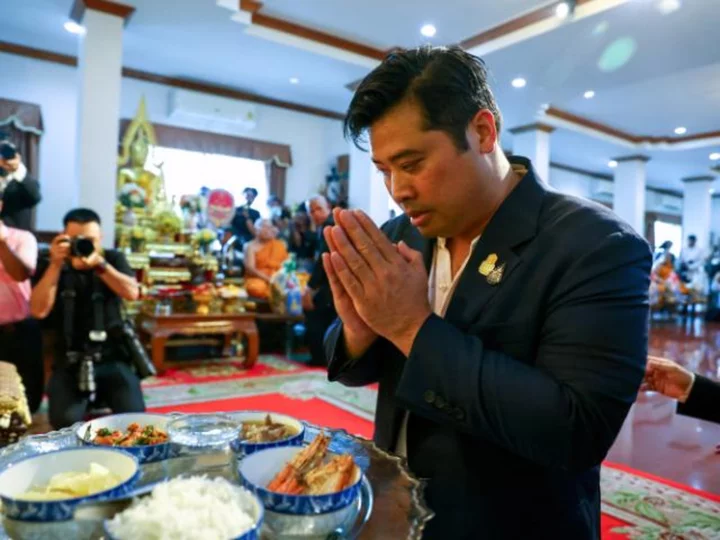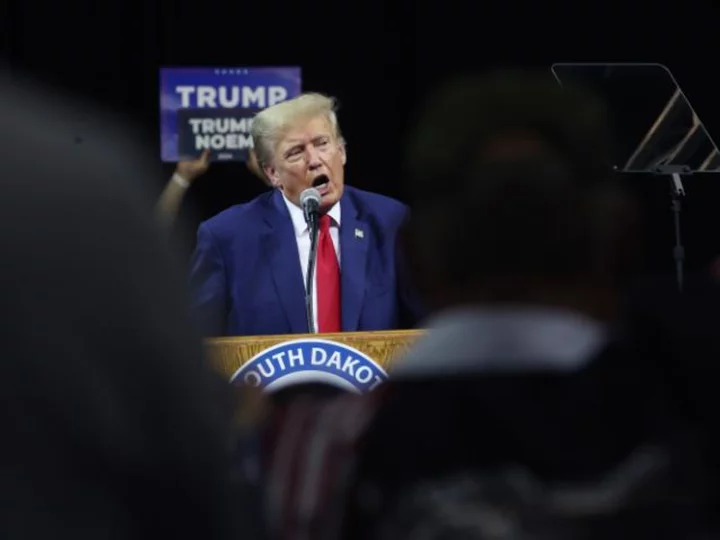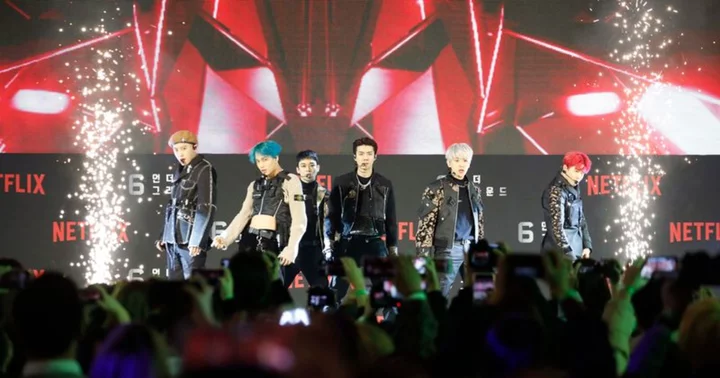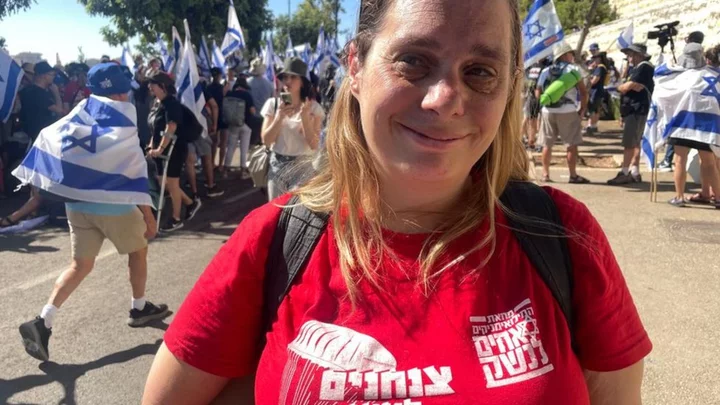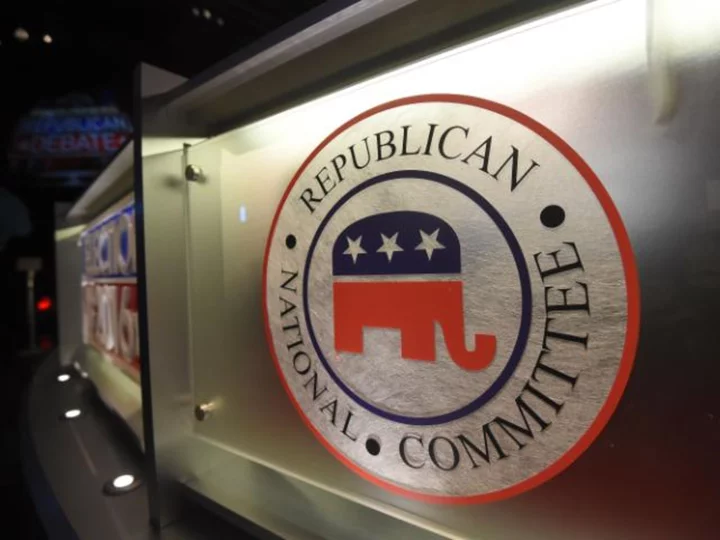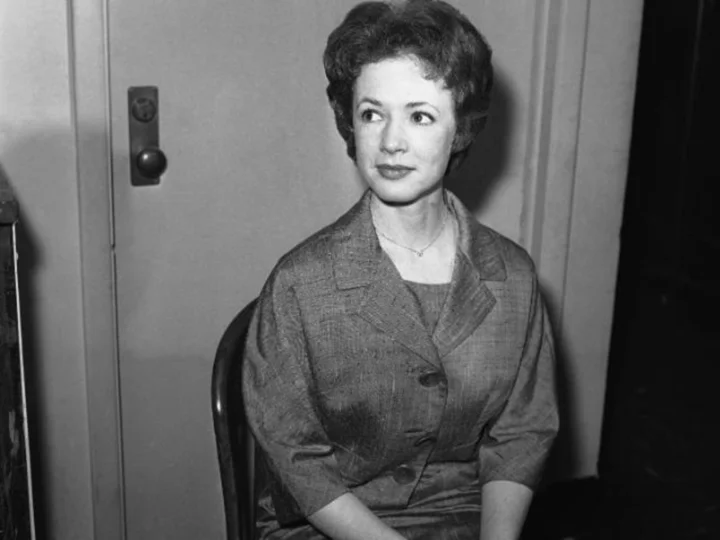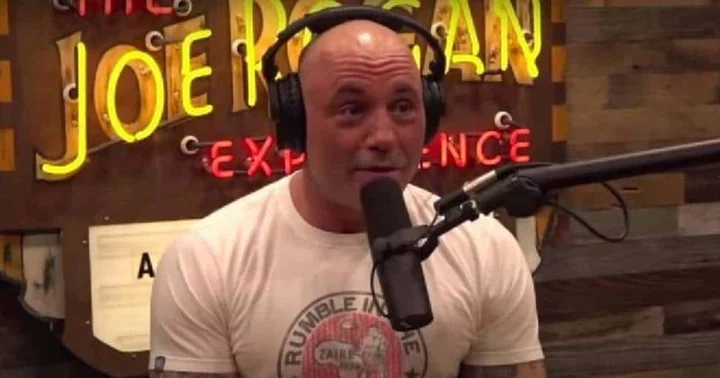When an estranged son of Thailand's King Maha Vajirilongkorn turned up in the capital Bangkok earlier this month after a three decade-long absence, it caught many in the kingdom by surprise.
Vacharaesorn Vivacharawongse, 42, is the King's second oldest son but had been living and working in the United States with his mother and siblings ever since his family's estrangement from the royal family following his parents' divorce in 1996.
Stripped of his royal title, Vacharaesorn had been educated in the US and the United Kingdom and became a lawyer working in New York.
So when Vacharaesorn was photographed last Tuesday visiting a Bangkok day care center for underprivileged children under royal patronage, social media began buzzing with Thais speculating on the reason for the visit.
The arrival of his younger brother, Chakriwat Vivacharawongse, 40, the King's third son, several days later added fuel to speculation the Royal Palace may be laying the groundwork to officially welcome the sons back into the royal family after 27 years abroad.
Their surprise presence in the country was seen as especially significant by analysts because the King, who is 71, has not named an heir apparent since ascending to the throne in 2016.
Returning to Thailand after so long away had filled the "holes in my heart," Vacharaesorn said from Bangkok's Suvarnabhumi Airport Monday, as he tightly held his brother's hand. "This is such a great feeling."
The palace has not released any official information or public comment on their visit.
But the visit would almost certainly have been approved by the King and could be seen as a "testing of the waters" -- to gauge public opinion for a possible permanent future homecoming, said Pavin Chachavalpongpun, associate professor at Kyoto University's Center for Southeast Asian Studies.
The timing of the visit is also significant, coming amid growing calls from the public for royal reform, especially among younger Thais, and a political deadlock with parties unable to form a new government three months after elections.
A delicate time
The brothers' trip to their homeland comes at a difficult time for the monarchy.
Vajiralongkorn, who was born in 1952, ascended to the throne in 2016 after the death of his father, King Bhumibol Adulyadej, who had reigned for seven decades.
The King has been married four times and though he has seven children -- two daughters and five sons -- there is no clear heir apparent. Only 18-year-old Dipangkorn Rasmijoti is officially recognized as a prince.
Vajirilongkorn's oldest child, 44-year-old Princess Bajrakitiyabha was hospitalized in December after collapsing while training her dog.
Once frequently appearing in palace broadcasts and events alongside her father, the princess has remained in an unconscious state after suffering a severe heart arrhythmia caused by an infection, and doctors have been using a support system to keep her heart, lung and kidneys functioning, according to a palace statement in January.
Vacharaesorn and Chakriwat are among four sons of Vajiralongkorn and his second wife, Yuvadhida Polpraserth, also known as Sujarinee Vivacharawongse, whom he married in 1994 and divorced two years later.
Their sister, Princess Sirivannavari was later welcomed back to Thailand following their estrangement and has frequently been seen in public with the King and Queen.
The brothers' return "marks a very significant shift in the palace," said Paul Handley, journalist and author of "The King Never Smiles," a biography of the late King Bhumibol Adulyadej.
"It was clearly somewhat of a test. Vacharaesorn did typical activities of a respected figure -- visiting the poor, making merit in a temple, meeting with people around society. At least in public, he avoided meeting politicians, the military, and palace officials, and presented himself as a common citizen."
He added that "the lack of criticism and open speculation that he was back in good graces with his father underscored his status."
It is unclear if the brothers met King Vajirilongkorn during their trip.
Thai politics and monarchy
Throughout much of its coup-prone modern history Thailand has been run by a small but powerful clique that maintains deep ties to the military, royalist and business establishments.
But in recent years, the country has seen the biggest challenge to that ruling establishment in decades, with young people publicly breaking entrenched taboos on speaking openly about the royal family in public.
Thailand has some of the world's strictest lese majeste laws, and criticizing the King, Queen, or heir apparent can lead to a maximum 15-year prison sentence for each offense, which makes even talking about the royal family fraught with risk.
Sentences for those convicted can be decades long -- in 2021 a woman was handed a 43-year-sentence for a series of audio clips deemed critical of the monarchy.
In 2020, mass anti-government protests swept the Southeast Asian nation demanding democratic, military and constitutional reforms. An unprecedented demand was royal reform and to ensure the King is answerable to the constitution, with protesters scrutinizing King Vajiralongkorn's immense wealth and power.
Vajiralongkorn had consolidated his power by expanding his own appointed military unit, the King's Guard. And following a repeal of the Crown Property Act, billions of dollars' worth of royal assets held by the Thai Crown were transferred to be directly under his name.
Elections in May in saw progressive party Move Forward turn those protest demands into a successful political campaign that resonated with the Thai public, winning the party the most seats in parliament.
Its reformist platform included radical plans to amend the country's lese majeste law, known as Article 112.
But the party has been sidelined over its royal reform agenda.
Despite winning the most seats in the election, Move Forward's coalition failed to secure enough parliamentary votes to form a government -- with some senators and conservative parties preferring prolonged political deadlock and a risk of igniting further street protests rather than vote for the winning party due to its plan to amend Article 112.
Under Thailand's constitution, which was written following a 2014 military coup, the unelected Senate maintains an outsized say in who can form a government and become prime minister.
It's within this tense political climate that the two sons' visit took place -- and that is why their arrival is so significant, say experts.
"[Their] return may be the beginning of Thailand's endgame because it intersects the twin crises of monarchy and democracy," said Thitinan Pongsudhirak, a political scientist from Chulalongkorn University.
"Democracy is being held down by royalist-conservative forces, whereby the two main opposition parties were prevented from forming a government after winning the May 14 poll resoundingly."
"The monarchy is challenged because its role in Thai politics is out of sync with popular calls for reform and change in view of an uncertain royal succession."
Who are Vacharaesorn and Chakriwat?
Vacharaesorn, the New York lawyer, is particularly active within the Thai community there. He established a foundation for Thai students to earn scholarships in the US and meets with the Thai diaspora across the country.
Of the two sons, analysts say Vacharaesorn could be the one to watch for any future role within the royal family.
"For several years Vacharaesorn has been meeting with Thai communities around the world. A few years ago he went to Hong Kong and had a reception in his honor, and well-off Thais traveled there from Bangkok to meet him," said Handley, whose biography of the former King is banned in Thailand.
"These events are made very public. He is clearly aware of his status as the King's son and the possibility that he could have an important role in the palace some day.
"The obvious possibility is that he could become primary heir to the throne."
CNN has reached out to Vacharaesorn and Chakriwat for comment.
Chakriwat is a medical doctor who founded the Chakriwat Medical Information Center, which helps patients understand their medical conditions.
Chakriwat said on his website that his desire to become a doctor grew after receiving his own diagnosis of Type II Neurofibromatosis, a genetic condition that causes tumors to grow along the nerves.
He has taken a "life-long course of treatment that has included multiple surgeries as well as radiotherapies," according to his website, and regularly posts videos to his blog and social media.
In Thailand, Vacharaesorn took part in a ceremony at a Buddhist temple and was photographed eating classic pad thai stir fry, as well as riding a "tuk-tuk" auto-rickshaw and Bangkok's BTS skytrain metro system.
The brothers visited Siriraj Hospital together and paid respects to a statue of their late grandfather and to their great-grandfather, Prince Mahidol -- considered the father of modern medicine in the country.
Video posted by Chakriwat to his Facebook page shows Vacharaesorn telling his younger brother he could give a guest lecture at the university hospital and help as an adviser.
The places they visited were significant, nothing too official but enough to exhibit their connections to the country and royal family, analysts say.
"That definitely was to rekindle the link between them and the royal family," said Pavin, who added that the brother's visit was planned to show they were not just tourists but that they came "with a purpose."
An emotional farewell news conference at Bangkok airport on Monday left no doubt of their love for their country of birth as they expressed a desire to return soon.
During a brief mention of his father, Vacharaesorn's voice trembled as he held his brother's hand.
"I am grateful for His Majesty the King's kindness, as well as the nation. I am happy to be born in Thailand," he said. "This time I have to leave again, I hope in the future I and my brothers and family will be able to visit Thailand again."
Questions now turn to what comes next and whether there is another visit on the cards.
"Although I don't think this is the designed purpose of the visit, it might ease some of the criticism of the monarchy and demands for change," said Handley.
"Some perceive US-educated Vacharaesorn as more open-minded and progressive, who could if given the chance help modernize the throne."

